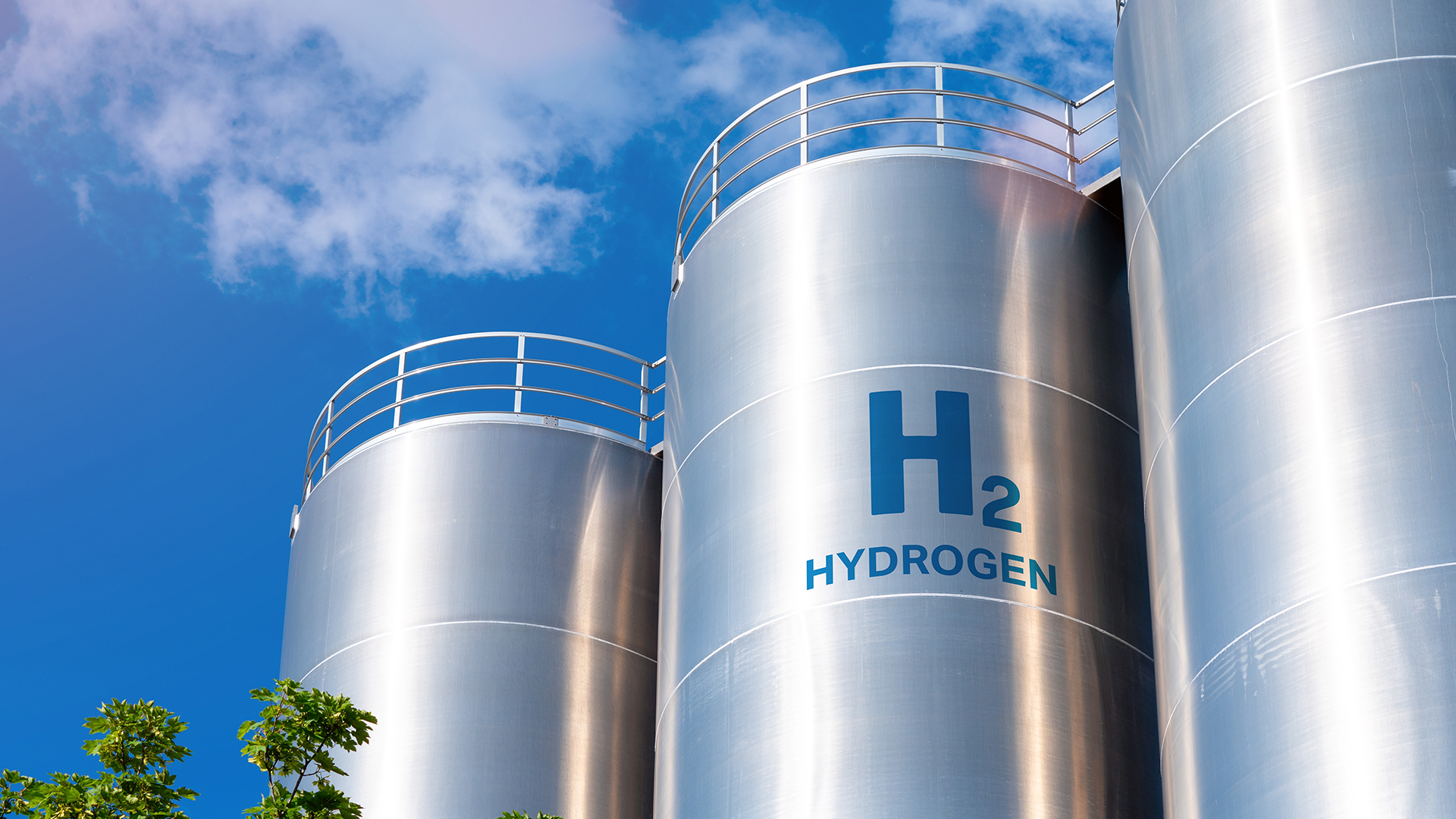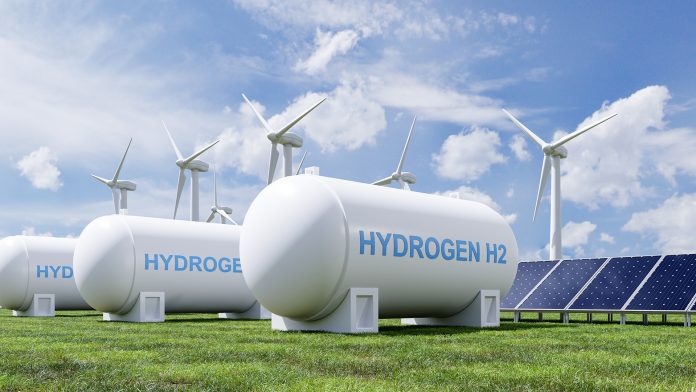The US Government plans to invest $1bn in a demand-side initiative for the H2Hubs programme to elevate regional clean hydrogen hubs.
The Department of Energy (DOE) has released a Notice of Intent (NOI), which includes a Request for Information (RFI), for the H2Hubs programme.
H2Hubs will establish a clean hydrogen network to reduce emissions in energy-intensive sectors, such as industrial, chemical processes, and heavy-duty transport.
The clean hydrogen hubs will help establish well-paid jobs for US citizens and provide economic opportunities in communities nationwide whilst contributing to the US’ target of a carbon-free grid by 2035 and net-zero emissions by 2050.
The funding will ensure that producers and users of H2Hubs have support during the early years of clean hydrogen production to access private investment.
Commenting on the development, US Secretary of Energy, Jennifer Granholm, said: “Ensuring America is the global leader in the next generation of clean energy technologies requires all of us — government and industry — coming together to confront shared challenges, particularly lack of market certainty for clean hydrogen that too often delays progress.
“That’s why DOE is setting up a new initiative to help our private sector partners address bottlenecks and other project impediments — helping industry unlock the full potential of this incredibly versatile energy resource and supporting the long-term success of the H2hubs.”
Aims of the funding
The clean hydrogen hubs will benefit from the funding as it will support revenue certainty that hydrogen producers need to attract private sector investment.
It will help meet the needs of end users who prefer to purchase hydrogen on shorter-term contracts and who need confidence in the long-term availability of the energy source before making long-term investments.
To optimise its approach to demand-side support for the clean hydrogen hubs, the DOE has released an NOI, which includes an RFI, on the programme’s design.
The NOI will identify best practices for engaging with private sector organisations in the clean hydrogen industry and seeks public support on the potential benefits and risks, operating models, governance structures, and equipped implementing partners.
Later this year, the government plans to select six to ten clean hydrogen hubs for a combined total funding of $7bn – making it one of the highest-funded clean energy investments in history.

What are the benefits of clean hydrogen?
The DOE’s Pathways to Commercial Liftoff: Clean Hydrogen report estimates that clean hydrogen will potentially add 100,000 net new direct and indirect jobs by 2030.
Developing national clean hydrogen will provide a host of environmental, societal, and economic benefits, including:
- Carbon neutrality: Clean hydrogen, produced using renewable energy sources like solar or wind power, has zero carbon emissions during its use. It can replace fossil fuels in various sectors, such as transportation, industry, and power generation, reducing greenhouse gas emissions and mitigating climate change;
- Energy storage: Hydrogen can be effectively stored and used as an energy carrier. It can help address the intermittent nature of renewable energy sources by storing excess energy during periods of high generation and providing it when demand is high, or generation is low. This flexibility makes it a valuable tool for grid stabilisation and managing fluctuations in energy supply and demand;
- Versatile applications: Hydrogen can be used in a wide range of applications. It can be combusted in fuel cells to generate electricity and heat, powering electric vehicles or providing electricity to off-grid locations. It can also be used as a feedstock for industrial processes, such as the production of chemicals and fertilisers. This versatility makes hydrogen a valuable resource across multiple sectors;
- Air quality improvement: The combustion of hydrogen produces only water vapour as a byproduct, resulting in improved air quality compared to traditional fossil fuels. This benefit is particularly significant in sectors like transportation, where hydrogen fuel cells can replace internal combustion engines, reducing air pollution and improving public health;
- Energy independence and security: Clean hydrogen can be produced domestically, reducing dependence on imported fossil fuels. This enhances energy security and reduces vulnerability to price fluctuations and geopolitical risks associated with traditional energy sources. It also encourages the development of local industries and job creation in the hydrogen sector;
- Technological advancements and innovation: The shift towards clean hydrogen energy requires technological advancements such as electrolysis, hydrogen storage, and fuel cells. These advancements drive innovation, research, and development, leading to potential energy efficiency, cost reduction, and scalability breakthroughs. These innovations can have positive ripple effects across various sectors and accelerate the transition to a sustainable energy future; and
- International cooperation: Clean hydrogen has garnered global attention and interest, leading to increased international cooperation. Countries are collaborating on research, development, and deployment of hydrogen technologies, sharing best practices and knowledge. This collaboration can help accelerate the adoption of clean hydrogen on a global scale, fostering a more sustainable and interconnected world.









